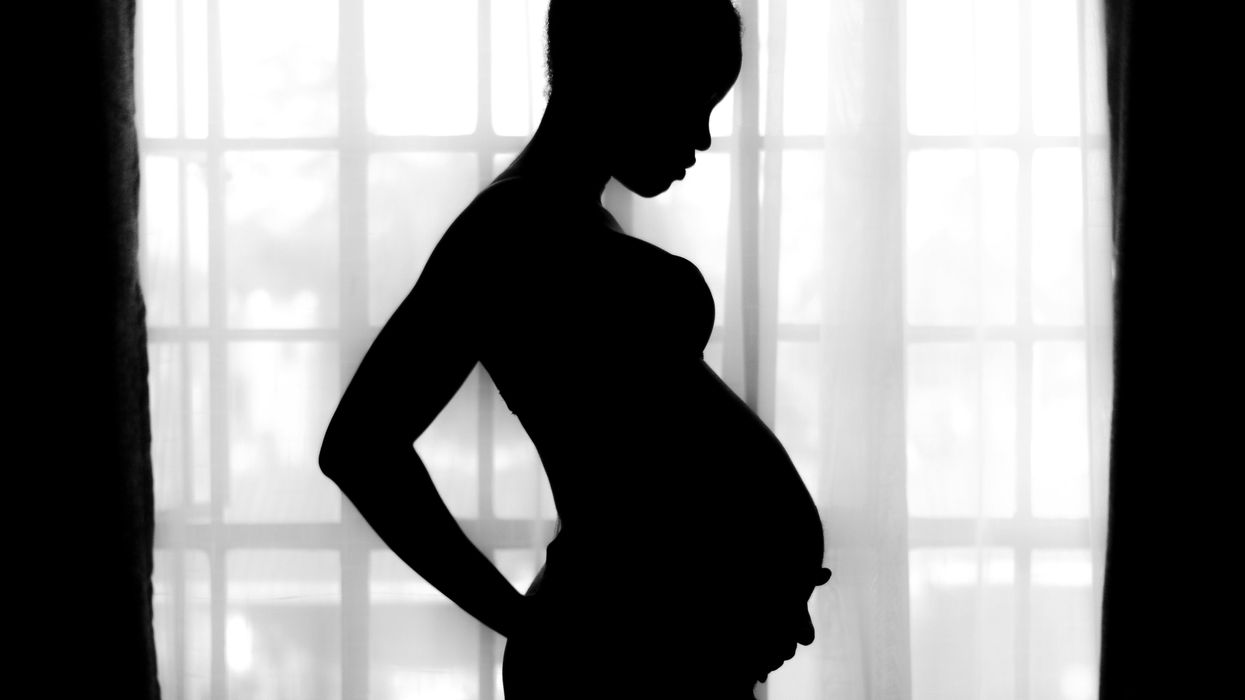A new study in Environmental Health Perspectives found large racial and ethnic disparities in exposure to phthalates, chemicals that are associated with an increased risk of premature births.
In short:
- In an analysis of more than 6,000 pregnancies, Black and Hispanic/Latina women had phthalate levels that were up to 148% higher than White women.
- Lowering phthalate levels in Black and Hispanic/Latina women to the levels found in White women could reduce the risk of premature birth by an estimated 13% in Black women and 9% in Hispanic/Latina women.
Key quote:
“Co-occurring social and environmental factors, and not underlying genetic differences, influence the likelihood of phthalate exposures across racial and ethnic groups.”
Why this matters:
Preterm birth is the leading cause of infant death and disability in the U.S., and the number of premature births has risen in recent years. Minority groups are disproportionately affected by this issue, as is the case with many major diseases and health disorders. The significant racial disparities in exposure to dangerous chemicals revealed by this study is an important example of how systematic environmental injustice can have a major impact on the overall health of a community.
Related EHN coverage:
- Black, Hispanic and poor children are more exposed to pollution that ends up harming their brains: Study
- Racist beauty standards leave communities of color more exposed to harmful chemicals: NYC study
Welch, Barrett et al. for Environmental Health Perspectives vol. 131, 12. Dec. 20, 2023

















